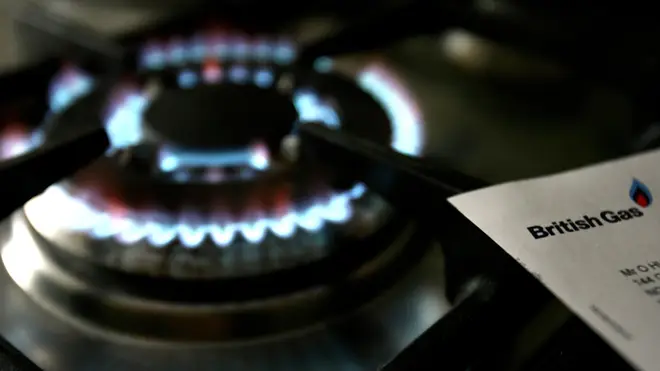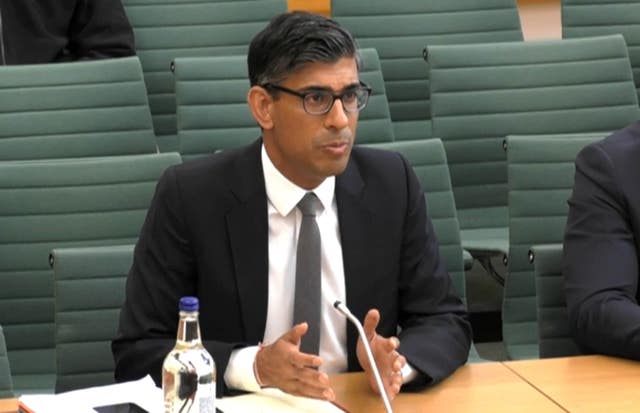
Richard Spurr 1am - 4am
7 June 2022, 12:04

Chairman Scott Wheway warned that extending the tax to electricity generators would bring problems.
British Gas owner Centrica will not launch a legal bid to challenge the Government’s new windfall tax, its chairman said on Tuesday.
But Scott Wheway warned of “long-term problems” if the tax is expanded to include power generators.
He added that the company welcomes the support the Government has announced to support struggling customers.
Mr Wheway was asked by shareholders at the company’s annual general meeting in Leicester if he would challenge the decision to impose a 25% extra tax on North Sea oil and gas.
“We don’t see any scope, or requirement, or necessity for a legal challenge to those things that have been brought forward,” he said.
However, he warned that the Treasury could cause problems in the move to decarbonise the UK if it insists on also taxing the profits of energy generators more.
“We’ve got every empathy with the plight of many customers presently that are facing difficulties in managing their energy bills, and we welcome action to help those customers.
“But we also share a lot of concern around choices that may be made to apply taxes to energy production which – although they may derive short-term benefits – could cause medium- and long-term problems.
“We know that the industry that we’re in is a very long-term industry and we urge everyone thinking of those things to strike the right balance.”

Chancellor Rishi Sunak argues that a second windfall tax on electricity generators could help pay for support for households that are facing runaway energy bills.
He said these companies are seeing “extraordinary profits” as oil and gas prices push up the cost of electricity.
But he was coy when asked by the Treasury Select Committee earlier this week when or if such a tax might be introduced.
The companies that would be hit include many early builders of wind farms.
Much of the wind power built in the UK since 2015 has been done under the so-called Contracts for Difference scheme (CfD).
This guarantees that a wind farm will always be paid a set amount for every megawatt hour of electricity it produces.
When the price of electricity is lower, therefore, the wind farm is subsidised, but if the price is higher than the agreed price then the wind farm will pay the difference back to billpayers.
But wind farms that are not covered by CfD are currently selling their electricity at elevated prices – and it is this profit that the Chancellor wants to target.